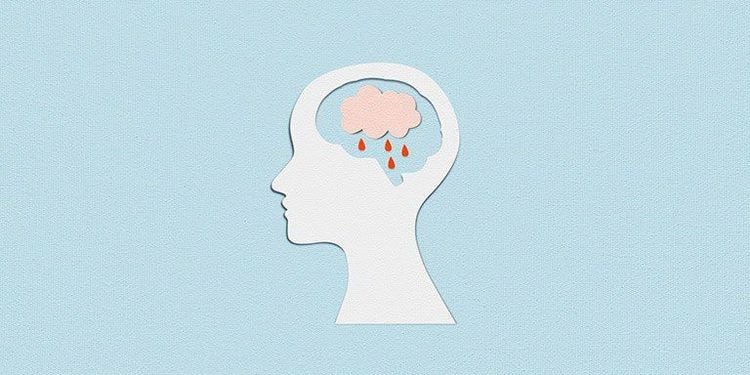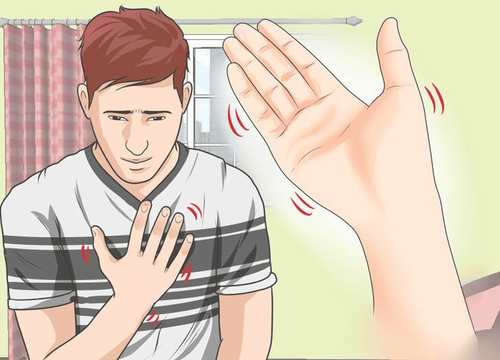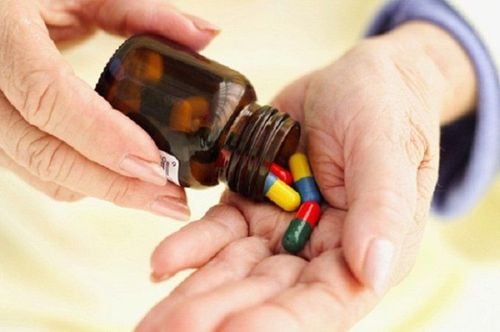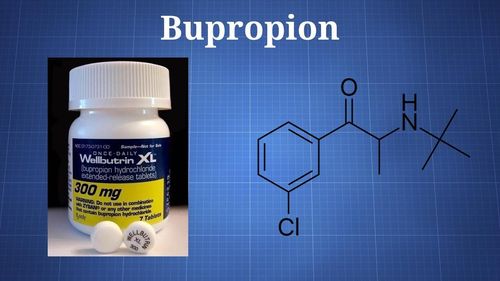This is an automatically translated article.
Depression is one of the most common illnesses around the world. However, people with depression often face prejudice due to the stigma attached to mental health disorders. To help combat this stereotype and stigma, it's important to learn the truth about depression.
1. “Depression is not a disease”
Many people mistakenly believe that depression is just a sadness or a weakness of character, not an illness. But in reality, depression is a complex mental disorder. The disease has social, psychological and biological origins and can be treated in a variety of ways.
Losing interest in activities or feeling sad and demoralized are symptoms that characterize this condition. Although most people feel sad or demoralized for a short time, people with depression don't simply feel sad.
If you think you might be depressed, don't take it for granted. Instead, talk to your doctor. They can help you get the support you need to manage your condition.
2. "Antidepressants always cure depression"
Depression is treatable. Among the interventions, the doctor may prescribe antidepressants. These drugs change the chemicals in your brain. They can help solve deep-rooted biological problems that contribute to the improvement of your condition.
But for many people, taking antidepressants alone is not enough. Your doctor may also recommend psychotherapy. Combining medication with psychotherapy is a common treatment strategy for depression today.
3. “You may just need to get rid of depressive thoughts”
No one wants or likes feeling depressed. Some people mistakenly believe that depression occurs when patients allow themselves to wallow in grief or sadness. They may think that depression can be cured with positive thoughts or a change in attitude.
In fact, depression is not a sign of self-pity, weakness or laziness. It is a medical condition in which the structure, function, and chemicals in your brain are negatively affected by environmental or biological factors. If you suspect you may have this condition, make an appointment with a psychiatrist.

Người mắc bệnh trầm cảm không chỉ đơn thuần là cảm thấy buồn
4. "Depression happens because of a sad situation"
Everyone has experienced sad or unhappy thoughts from time to time. You may feel sad after the loss of a loved one or the end of a relationship. Events like these can increase your risk of developing depression. But depression isn't always caused by a single negative incident.
Depression can cause unexplained periods of hopelessness, sadness, and lethargy. People with depression may also have suicidal tendencies. These symptoms can last for a long time. They can arise suddenly and unexplainably, even when everything in the patient's life seems to be going well.
5. "If your parents are depressed, you will be depressed too"
According to experts, if someone in your family has depression, you are more likely to develop it yourself. But experts aren't sure how important genetics is in determining your risk for depression.
Just because your parents or other family members have had depression doesn't mean you'll get it too.
You should know your family's medical history and focus on factors you can manage such as avoiding alcohol or drug abuse to help reduce your risk of depression.
6. "Antidepressants will change your personality"
Antidepressants change certain chemicals in your brain. This looks scary. You may worry that you will feel like a completely different person when you take them.
In fact, antidepressants are designed to change only certain chemicals in your brain. They can help relieve symptoms of depression without changing your inherent personality.
After taking antidepressants, many people with depression begin to feel good again. If you don't like how you feel while taking an antidepressant, talk to your doctor about other treatment options available to you.
7. "You'll have to take antidepressants for the rest of your life"
Antidepressants are a long-term treatment option for many people with depression. However, the length of time that you are advised to take the medication can vary depending on the severity of your condition and your prescribed treatment plan.
You may not need an antidepressant for the rest of your life. In many cases, your doctor may recommend psychotherapy along with medication.
Psychotherapy can help you learn new ways to cope with life's challenges and may reduce your need for medication over time. In some cases, using an antidepressant for a longer period of time may be the best option for you.
8. "Depression only happens to women"
Due to pressure from society, many men are uncomfortable discussing their feelings or asking for help. As a result, some people mistakenly believe that depression only affects women.
That is not true. Women are more likely to talk about depressive symptoms, but it can affect men, too. In fact, it can have serious consequences for men. Men with depression are more likely to commit suicide than women. That's why getting help is so important.

Thuốc chống bệnh trầm cảm sẽ làm thay đổi tính cách của bạn
9. "Talking about depression only makes it worse"
A common misconception about depression is that some people think that discussing depression only reinforces feelings of boredom and makes you focus on negative life experiences. But for many people, being alone with those thoughts is far more harmful than talking about them with others.
It can be helpful to talk to a supportive, trustworthy, and non-judgmental listener about your feelings. Your loved ones may be willing to listen and empathize. But in many cases, a certified therapist will be better to provide the support you need.
Depression is a serious illness but there are still many misconceptions surrounding it. Some of these myths contribute to the stigma of people with depression, as do antidepressants and psychotherapy. But it's important to recognize when you're depressed and get help.
If you are diagnosed with depression, your doctor may prescribe a variety of treatments.
Medicine; Psychotherapy ; Medical procedures; Alternative treatments; Lifestyle change. In short, depression is not a sign of self-pity, weakness, or laziness. It is a medical condition in which the structure, function, and chemicals in your brain are negatively affected by environmental or biological factors. If you suspect you may have this condition, make an appointment with a psychiatrist.
Psychology - Vinmec International General Hospital has the function of examining, consulting and outpatient treatment of psychological problems and psychological health. With modern equipment and a team of experienced professors and experts in the research and treatment of Psychiatric diseases such as: emotional disorders, stress-related disorders and body dysmorphic disorders, Developmental disorders in children, adolescents & childbearing years.... Along with the combination of implementing psychological tests, intensive psychotherapy for diagnosis and treatment will provide the best possible treatment for the patient.
Please dial HOTLINE for more information or register for an appointment HERE. Download MyVinmec app to make appointments faster and to manage your bookings easily.
Reference source: healthline.com












